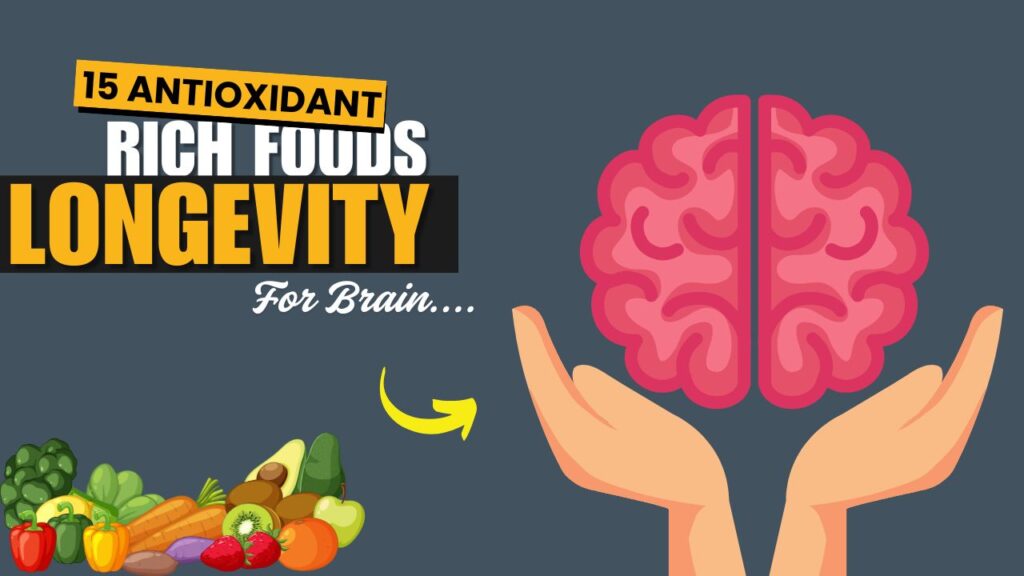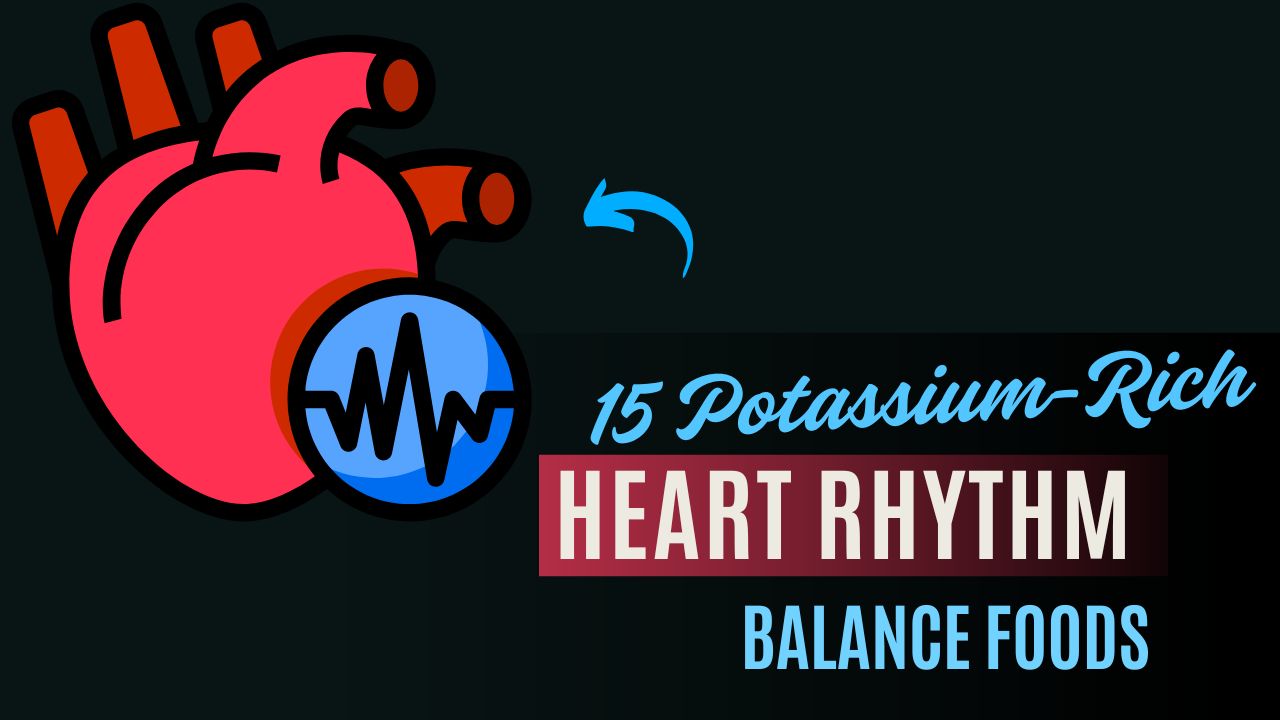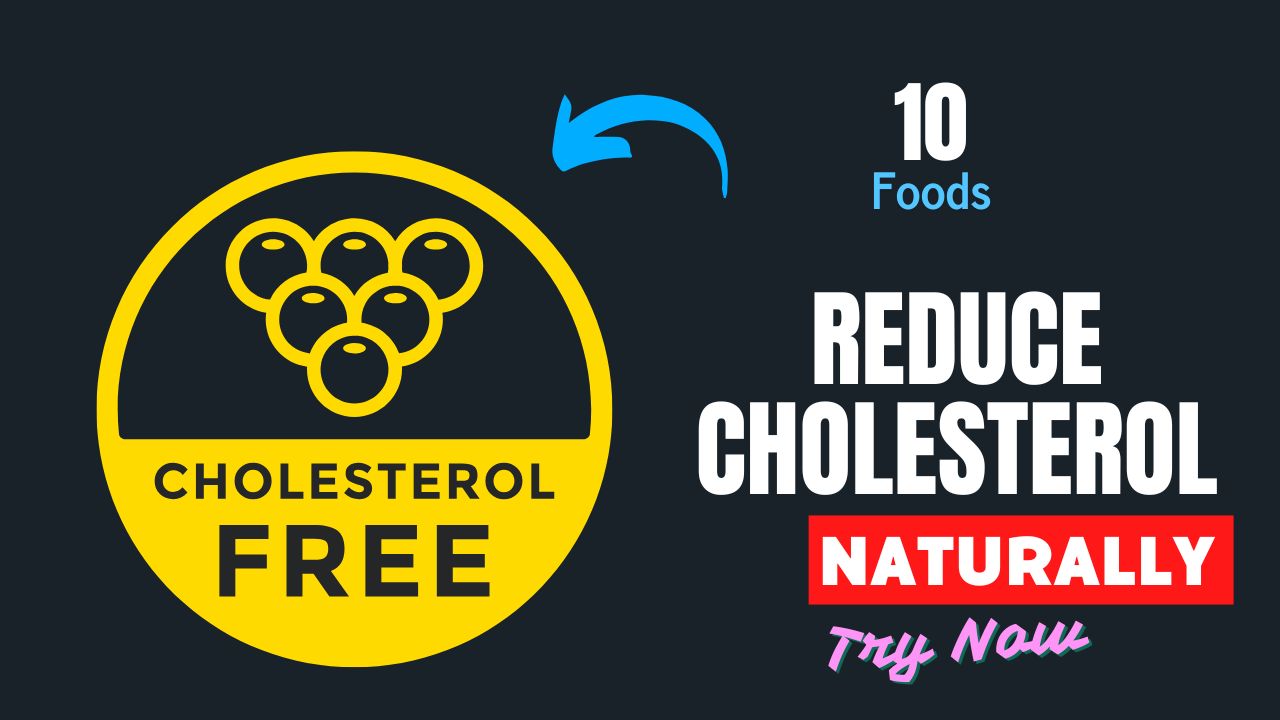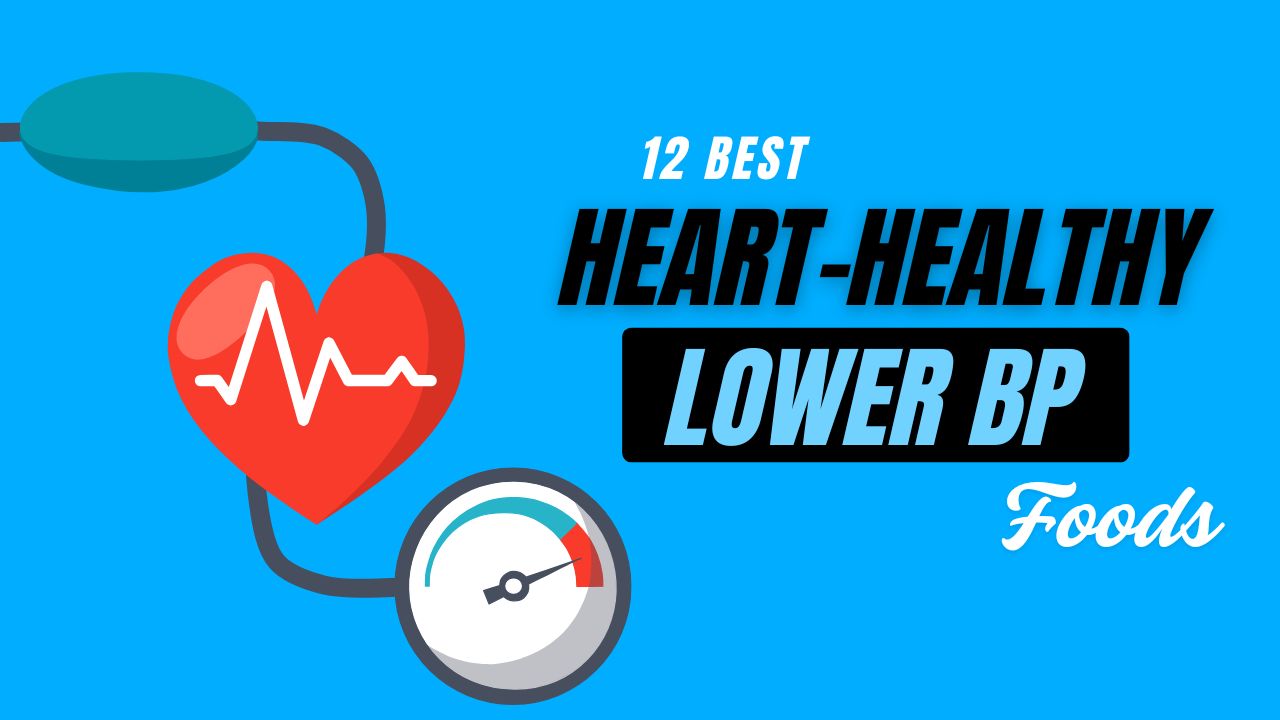Did you know that nearly one-third of brain aging is influenced by what we eat? While genes play their part, daily food choices often determine how sharp, focused, and resilient our brain remains over time.
Research has shown that antioxidant-rich foods not only protect our cells from damage but also play a direct role in improving memory, focus, and overall brain longevity.
Think of antioxidants as your brain’s personal shield—defending it from oxidative stress, free radical damage, and inflammation that speed up cognitive decline.
Many people believe that brain aging is inevitable after a certain age, but science is uncovering that diet can significantly slow the process.
In this post, you’ll discover 15 powerful antioxidant foods that can help your brain stay young, sharp, and energized. For each food, we’ll cover:
- Best ways to eat or use it
- Who should eat or avoid it
- Storage & buying tips
- Do’s and don’ts
- Possible side effects (if any)
Let’s explore how these brain-friendly foods can make a real difference in your daily life.

Table of Contents
15 Antioxidant Foods Best For Your Brain
1. Blueberries
Known as “brain berries,” blueberries are packed with anthocyanins, a type of antioxidant that improves communication between brain cells and enhances memory.
Best Ways to Eat or Use It
- Eat fresh as a snack.
- Add to smoothies, yogurt, or salads.
- Use in oatmeal or whole-grain pancakes.
Who Should Eat / Avoid
- Good for: students, older adults, anyone needing focus.
- Avoid/Limit if: you have berry allergies.
Storage & Buying Tips
- Choose deep blue, firm berries.
- Store in the fridge for up to 10 days or freeze for longer use.
Do’s & Don’ts
✅ Do: eat fresh or lightly frozen.
❌ Don’t: add too much sugar when making desserts.
Possible Side Effects
Rare, but overeating may cause digestive discomfort.
2. Dark Chocolate
Yes, chocolate can be good for your brain—but only the dark kind! It’s rich in flavonoids that improve blood flow to the brain and boost mood.
Best Ways to Eat or Use It
- Choose 70% or higher cocoa.
- Have a small square after meals.
- Add cocoa powder to smoothies.
Who Should Eat / Avoid
- Good for: people under stress, students, and professionals.
- Avoid/Limit if: sensitive to caffeine or prone to migraines.
Storage & Buying Tips
- Store in a cool, dry place.
- Avoid chocolate with added sugar and milk.
Do’s & Don’ts
✅ Do: enjoy in moderation.
❌ Don’t: confuse milk chocolate with dark—it lacks the same benefits.
Possible Side Effects
Too much may cause jitters, heartburn, or insomnia.
3. Spinach
Spinach is a powerhouse of lutein, beta-carotene, and vitamin E—antioxidants linked to slower cognitive decline.
Best Ways to Eat or Use It
- Add raw to salads.
- Lightly steam to retain nutrients.
- Use in green smoothies or soups.
Who Should Eat / Avoid
- Good for: vegetarians, older adults.
- Avoid/Limit if: you have kidney stones (high in oxalates).
Storage & Buying Tips
- Pick vibrant green, crisp leaves.
- Store in a breathable bag in the fridge.
Do’s & Don’ts
✅ Do: wash thoroughly before eating.
❌ Don’t: overcook—it loses antioxidants.
Possible Side Effects
Excess may contribute to kidney stone formation.
4. Green Tea
Green tea contains catechins and polyphenols that reduce oxidative stress and improve brain connectivity.
Best Ways to Eat or Use It
- Brew fresh green tea (avoid bottled versions).
- Add lemon for vitamin C, which enhances absorption.
Who Should Eat / Avoid
- Good for: people needing focus and energy.
- Avoid/Limit if: sensitive to caffeine or iron-deficient.
Storage & Buying Tips
- Buy loose-leaf or high-quality tea bags.
- Store in airtight containers away from light.
Do’s & Don’ts
✅ Do: drink 2–3 cups daily.
❌ Don’t: add excessive sugar.
Possible Side Effects
Too much can cause insomnia or stomach upset.
5. Walnuts
Nicknamed “brain-shaped nuts,” walnuts are rich in omega-3s and polyphenols that combat oxidative damage.
Best Ways to Eat or Use It
- Snack on raw walnuts.
- Sprinkle over salads or yogurt.
- Add to baked goods.
Who Should Eat / Avoid
- Good for: people with heart or brain health concerns.
- Avoid/Limit if: nut allergies exist.
Storage & Buying Tips
- Choose unsalted, unroasted versions.
- Store in a sealed jar in the fridge.
Do’s & Don’ts
✅ Do: eat a handful daily.
❌ Don’t: consume rancid nuts.
Possible Side Effects
High-calorie—don’t overeat if watching weight.
6. Turmeric
This golden spice contains curcumin, a potent antioxidant that crosses the blood-brain barrier and reduces inflammation.
Best Ways to Eat or Use It
- Add to curries, soups, or golden milk.
- Combine with black pepper to boost absorption.
Who Should Eat / Avoid
- Good for: those with joint pain, memory issues.
- Avoid/Limit if: you’re on blood-thinning medications.
Storage & Buying Tips
- Store ground turmeric in airtight jars.
- Fresh turmeric root lasts longer when refrigerated.
Do’s & Don’ts
✅ Do: pair with healthy fats for absorption.
❌ Don’t: rely on supplements without medical advice.
Possible Side Effects
Excess can upset the stomach or thin blood.
7. Broccoli
Broccoli provides sulforaphane and vitamin C—powerful antioxidants that protect brain tissue.
Best Ways to Eat or Use It
- Steam lightly.
- Add to stir-fries, salads, or soups.
Who Should Eat / Avoid
- Good for: weight-watchers, kids, older adults.
- Avoid/Limit if: prone to bloating or thyroid issues.
Storage & Buying Tips
- Pick firm, dark green florets.
- Store unwashed in the fridge.
Do’s & Don’ts
✅ Do: steam or roast lightly.
❌ Don’t: boil excessively.
Possible Side Effects
May cause gas in sensitive stomachs.
8. Tomatoes
Tomatoes are rich in lycopene, which protects brain cells from free radical damage.
Best Ways to Eat or Use It
- Cook with olive oil to boost lycopene absorption.
- Add to salads, sauces, or soups.
Who Should Eat / Avoid
- Good for: heart patients, brain health.
- Avoid/Limit if: prone to acid reflux.
Storage & Buying Tips
- Store at room temperature until ripe.
- Avoid refrigerating unless very ripe.
Do’s & Don’ts
✅ Do: cook gently to enhance lycopene.
❌ Don’t: eat unripe green tomatoes raw.
Possible Side Effects
Acidic—may trigger heartburn.
9. Oranges
Vitamin C in oranges prevents mental decline and supports immunity.
Best Ways to Eat or Use It
- Eat whole fruits rather than juice.
- Add slices to salads.
Who Should Eat / Avoid
- Good for: students, immune-boost seekers.
- Avoid/Limit if: acid reflux or citrus allergy.
Storage & Buying Tips
- Choose firm, heavy oranges.
- Store in a cool, dry place.
Do’s & Don’ts
✅ Do: eat fresh.
❌ Don’t: rely on packaged juices.
Possible Side Effects
Too much may cause acid reflux.
10. Grapes
Grapes contain resveratrol, which supports memory and blood flow to the brain.
Best Ways to Eat or Use It
- Snack fresh or freeze for a cold treat.
- Add to salads or smoothies.
Who Should Eat / Avoid
- Good for: older adults, heart patients.
- Avoid/Limit if: diabetic (due to sugar content).
Storage & Buying Tips
- Pick firm, plump grapes.
- Store in the fridge unwashed until use.
Do’s & Don’ts
✅ Do: eat fresh or freeze.
❌ Don’t: overconsume dried grapes (raisins).
Possible Side Effects
High sugar may spike blood sugar.
11. Red Cabbage
Rich in anthocyanins, red cabbage supports memory and learning ability.
Best Ways to Eat or Use It
- Shred raw into salads.
- Lightly steam or ferment.
Who Should Eat / Avoid
- Good for: vegetarians, weight management.
- Avoid/Limit if: IBS patients (may cause gas).
Storage & Buying Tips
- Store whole cabbage in the fridge.
- Wrap cut parts tightly.
Do’s & Don’ts
✅ Do: eat raw for max antioxidants.
❌ Don’t: overboil.
Possible Side Effects
May cause bloating.
12. Pumpkin Seeds
These tiny seeds contain vitamin E, zinc, and antioxidants for sharper memory.
Best Ways to Eat or Use It
- Snack roasted.
- Sprinkle on oatmeal or salads.
Who Should Eat / Avoid
- Good for: athletes, students.
- Avoid/Limit if: nut/seed allergies.
Storage & Buying Tips
- Buy unsalted, raw seeds.
- Store in airtight containers.
Do’s & Don’ts
✅ Do: eat as a protein-rich snack.
❌ Don’t: over-salt when roasting.
Possible Side Effects
High-calorie if overconsumed.
13. Coffee
A surprising antioxidant source, coffee protects brain function and lowers risk of neurodegenerative diseases.
Best Ways to Eat or Use It
- Drink black or with plant-based milk.
- Avoid sugary syrups.
Who Should Eat / Avoid
- Good for: adults needing focus.
- Avoid/Limit if: pregnant, hypertensive, or sensitive to caffeine.
Storage & Buying Tips
- Store beans in airtight containers.
- Grind fresh for best flavor.
Do’s & Don’ts
✅ Do: enjoy in moderation.
❌ Don’t: drink late at night.
Possible Side Effects
Can disrupt sleep and cause jitters.
14. Pomegranates
Pomegranates are loaded with polyphenols that improve memory and protect neurons.
Best Ways to Eat or Use It
- Eat fresh arils.
- Add to salads, smoothies, or yogurt.
Who Should Eat / Avoid
- Good for: heart health, memory boost.
- Avoid/Limit if: on blood-thinners.
Storage & Buying Tips
- Choose heavy fruits with firm skin.
- Store seeds in the fridge.
Do’s & Don’ts
✅ Do: eat fresh arils.
❌ Don’t: rely on sugary packaged juice.
Possible Side Effects
Too much may upset the stomach.
15. Avocados
Avocados contain lutein and vitamin E, protecting against cognitive decline.
Best Ways to Eat or Use It
- Spread on whole-grain toast.
- Add to smoothies or salads.
Who Should Eat / Avoid
- Good for: athletes, brain health.
- Avoid/Limit if: watching calorie intake.
Storage & Buying Tips
- Choose firm but slightly soft avocados.
- Store unripe at room temp; refrigerate when ripe.
Do’s & Don’ts
✅ Do: pair with tomatoes for extra benefit.
❌ Don’t: eat overly browned avocados.
Possible Side Effects
High in calories—moderation is key.
Conclusion
From blueberries to avocados, these antioxidant-rich foods provide more than just nutrition—they’re powerful allies in maintaining brain longevity. Regularly including them in your meals can sharpen memory, improve focus, and protect against age-related decline.
Try experimenting with one or two of these foods in your next meal. Even small, consistent dietary changes can add up to long-term brain benefits.
Which of these antioxidant-rich foods do you already enjoy—and which one will you try next? Share your thoughts or favorite recipes in the comments!
Frequently Asked Questions (FAQs)
What are antioxidants, and why are they important for brain health?
Antioxidants are compounds that fight oxidative stress and free radical damage. In the brain, they protect neurons, improve memory, and may slow cognitive decline.
Can eating antioxidant foods really prevent brain aging?
While no food can stop aging entirely, antioxidant-rich foods can significantly slow down brain aging, enhance focus, and reduce the risk of neurodegenerative diseases.
How often should I eat these antioxidant foods for results?
Consistency is key. Including at least 3–4 different antioxidant foods daily can support long-term brain health.
Which antioxidant food is the most powerful for memory?
Blueberries and walnuts are often considered top choices due to their strong link with improved memory and brain function.
Can children and teenagers benefit from antioxidant foods too?
Yes. Starting early helps support brain development, concentration, and learning ability.
Are supplements better than natural antioxidant foods?
Whole foods are always better because they provide a variety of nutrients, fiber, and natural compounds that supplements can’t fully replicate.
Can too many antioxidant foods cause side effects?
Generally, they’re safe when eaten in normal amounts. However, excessive intake of certain foods (like caffeine from green tea or coffee) may cause side effects.
Do cooking methods affect antioxidants in foods?
Yes. Overcooking vegetables like broccoli or spinach can reduce antioxidant levels. Light steaming or eating raw is best for maximum benefits.
Are antioxidant foods good for people with medical conditions?
They can be beneficial, but some conditions (like kidney stones, acid reflux, or allergies) may require limiting certain foods. Always consult a doctor if unsure.
How long does it take to notice improvements in brain health after eating antioxidant foods?
Improvements in energy, mood, and focus can be noticed within weeks, but long-term benefits for brain longevity come from consistent dietary habits.










